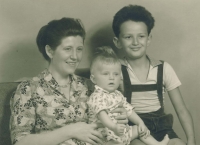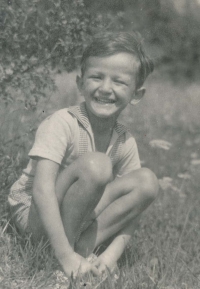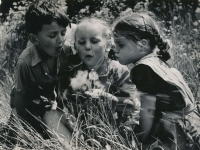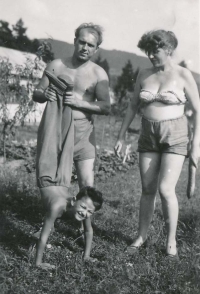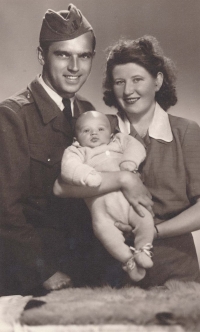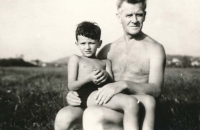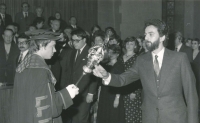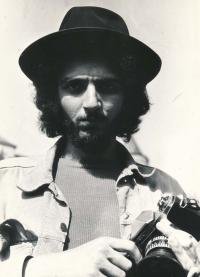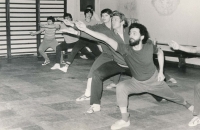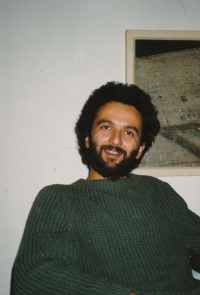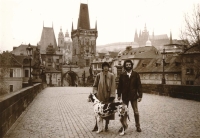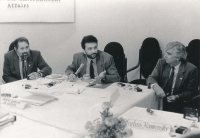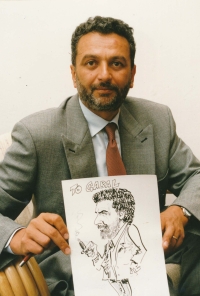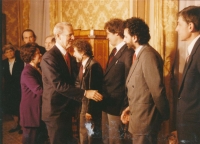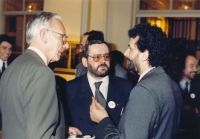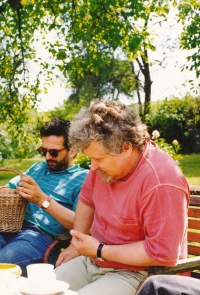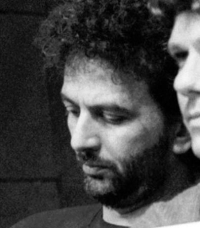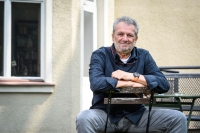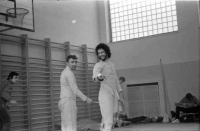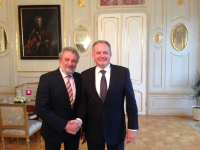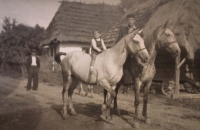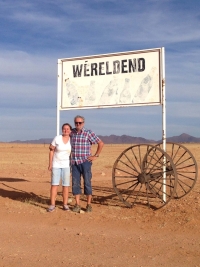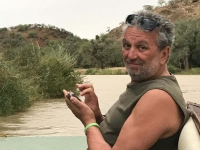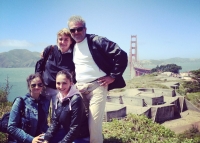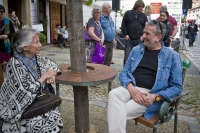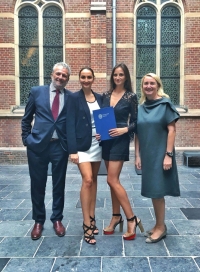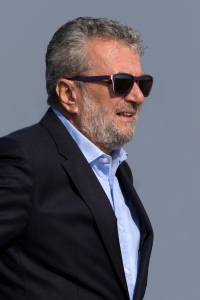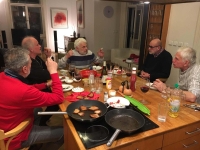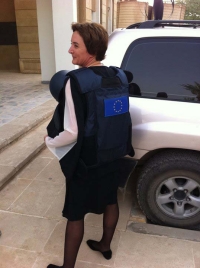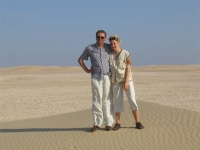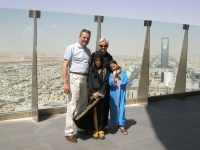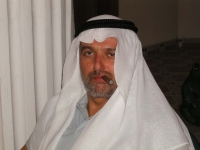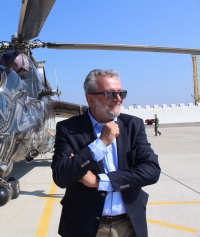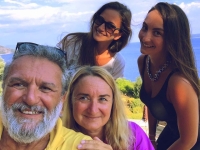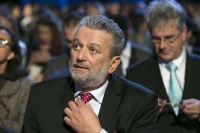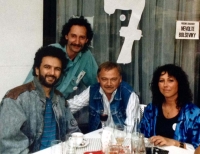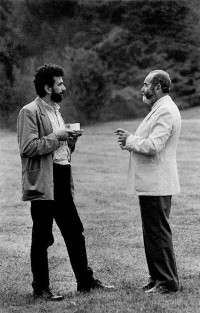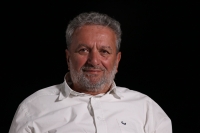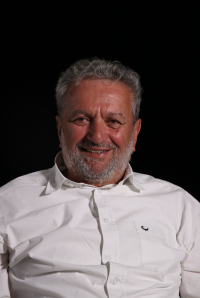Dissenters did not perceive the extent of the degradation of society
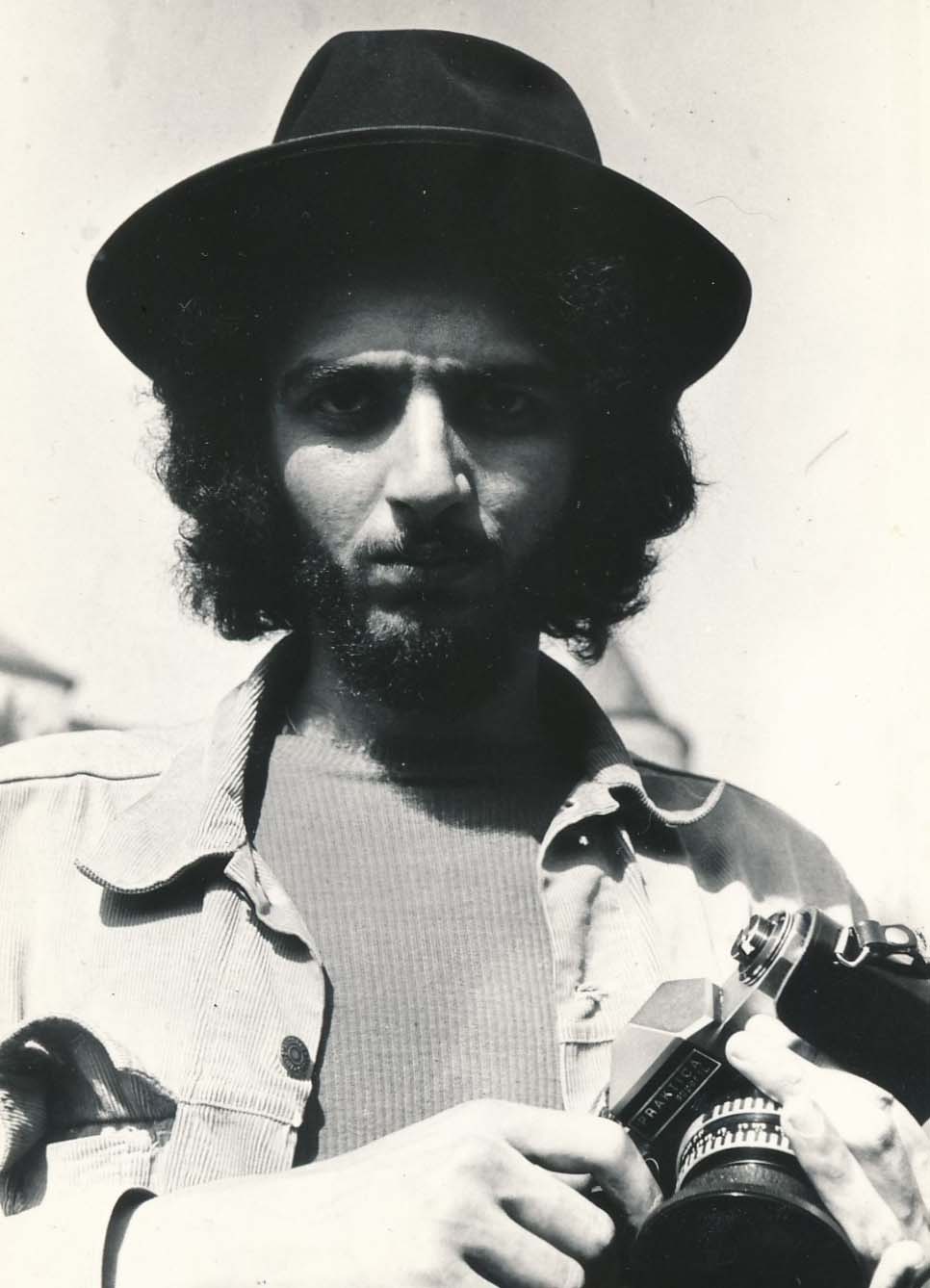
Stáhnout obrázek
Ivan Gabal was born on 15 January 1951 in Prague. His parents were members of the Communist Party. In 1975 he graduated in sociology and theory of culture at the Faculty of Arts of Charles University, where he received his PhDr in 1978. From 1978 to 1989 he worked at the Institute for Philosophy and Sociology of the Czechoslovak Academy of Sciences, where he was engaged in empirical analyses of lifestyle, education and mobility. At the beginning of 1989, the State Security reclassified his file from a person under investigation to a hostile person. He became one of the founding members of the Kruh nezávislé inteligence (Circle of Independent Intellectuals), one of the civic initiatives that sought to undermine the existing power monolith of the Communist Party and its subordinate organizations. The Circle also initiated a petition for the release of Václav Havel. In November 1989, the witness became involved in the activities of the Civic Forum. In 1990, he led the Civic Forum‘s election campaign for the 1990 parliamentary elections and was a consultant for the election campaign of the Slovak partner organization Veřejnost proti násilí (Public Against Violence). In 1991 he worked in the Office of the President of the Czech and Slovak Federative Republic as head of the Department of Political Analysis. In 1992 he led the election campaign of the Civic Movement and then worked at the research agency AISA as a partner. Since 1994, he has worked exclusively for Gabal, Analysis & Consulting and GAC Ltd. He has also worked for several NGOs and foundations. In 1999-2003 he was a member of the Board of Trustees of Masaryk University in Brno. As a non-party member, he was an elected deputy on the KDU-ČSL candidate list in 2013-2017. He was responsible for the defence and security agenda. He has published numerous professional articles and commentaries in Czech and foreign newspapers and magazines. At the time of recording he lived in Prague (2020).
